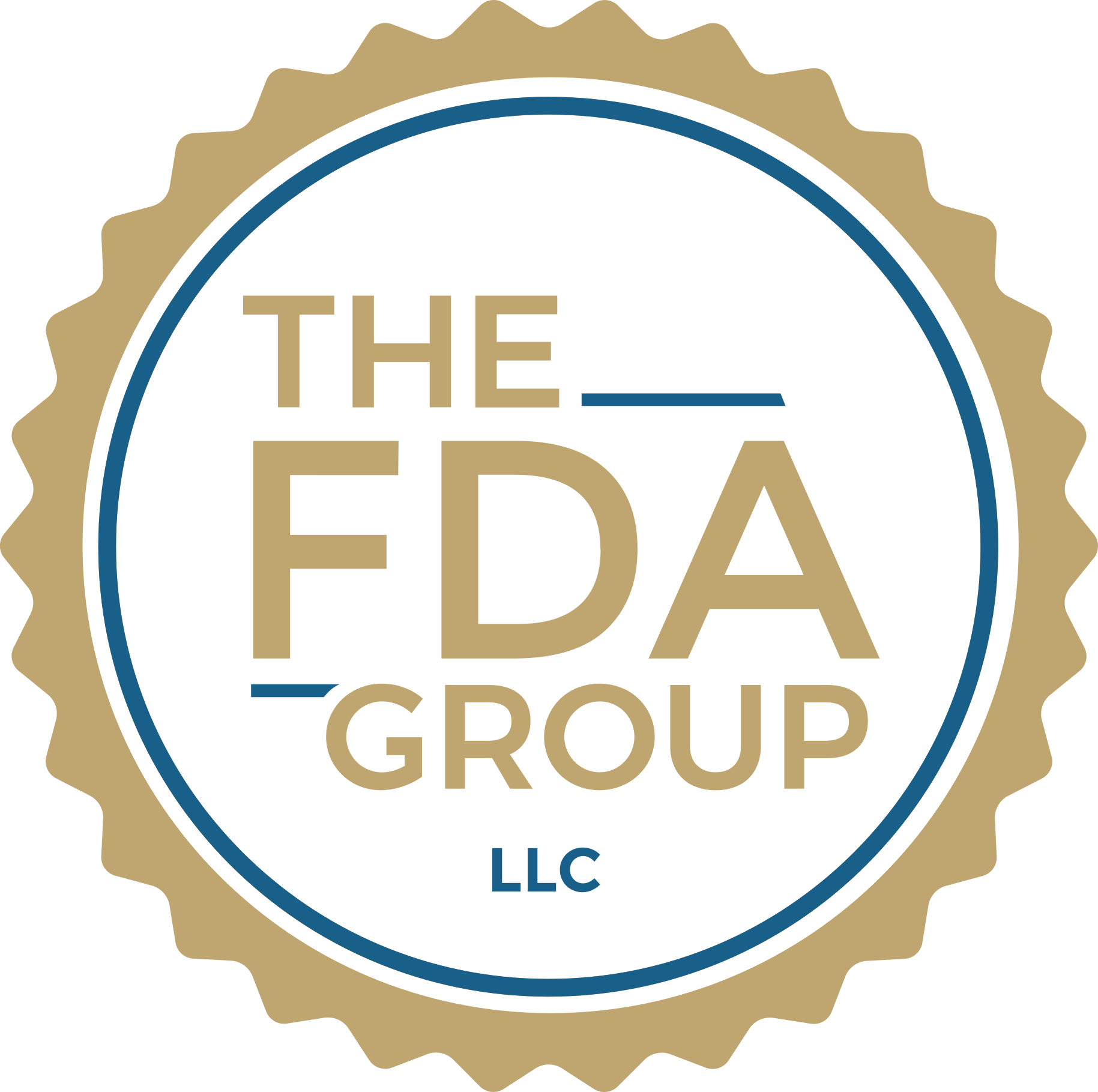John’s pharmaceutical company had grown tremendously over the past five years.
The results of phase three studies of the insulin pump that his company was developing had shown increased efficacy and safety compared with the competitors’ devices. He had also recently bought a plant in Canada to manufacture the insulin to support the device. However, he had a major problem.
The plant in Canada had never been used to manufacture insulin marketed in the United States. After reviewing the standard operating procedures and quality standards currently in place, he found that they had not been updated in a couple years.
Because he was first planning to market the device and the insulin in the United States, he needed to make certain that they complied with the FDA’s standards.
He consulted his company’s quality department on the matter, but found they were less familiar with the regulations associated with the manufacture of drugs, because until now the company had only dealt with devices. He wondered what would be the most cost-effective way to make certain they were following the FDA’s guidelines.
Why hire an outside compliance company?
If you find yourself wondering if it's really necessary to engage an external compliance firm, consider the following advantages an experienced consultant can offer:
1. The ability to stay ahead of a constantly changing regulatory environment
Regulatory guidelines are constantly changing throughout all FDA-regulated industries, making it extremely difficult for company and department leaders to stay abreast of what's happening and how it will affect their business at all times.
Keeping up and actually staying ahead of industry events and trends is central to the role of quality professionals at compliance firms. Not only do these consultants know what is happening both now and in the future, but how to best advise executives and department personnel on how to comply with them.
2. A fresh perspective on problems, solutions and new approaches
Manufacturing executives familiar with relevant guidelines and regulations also benefit from new perspectives gained only by consulting with an outside firm. Seldom is there only one way to solve a problem or approach a particular area of compliance. Third party quality professionals can help to reconceptualize compliance and help your organization understand it from a more practical light.
For instance, compliance firms can help company leadership determine the most cost effective approach for complying with the regulations, the most applicable regulations for the products that the company manufactures, and strategies for complying with the guidelines.
3. Objective oversight of quality assurance procedures and system enhancement
Some general services provided by compliance firms include overseeing quality assurance procedures and establishing quality control systems for documents. They can prepare quality manuals, standard operating procedures, and agreements with vendors — ensuring all actions are fully documented in language that resonates with regulators.
Consultants also review the qualifications of vendors and liaise with various companies. They can develop plans and techniques for qualifying equipment and for collecting, validating, and performing assays on samples.
4. A direct liaison with the FDA
Compliance firms are often hired to act as agents to the US Food and Drug Administration (FDA). They help company personnel prepare and submit site establishment assignments and drug listings. They also often prepare and submit documents pertaining to Investigational New Drug, New Drug Applications, Abbreviated New Drug Applications, and Drug Master Files.
Third parties play an important role in reviewing these documents for compliance, updating them and placing them into the format of the electronic Common Technical Document.
For devices, compliance firms can help personnel to determine a device’s classification and the appropriate mechanism for obtaining FDA approval. They can also make certain that the device complies with the FDA’s regulations.
5. Strategy development for marketing authorization and postmarketing surveillance
If a product is ready to market, compliance firms can help executives and marketing personnel develop strategies for obtaining a product marketing authorization and develop a plan for postmarketing surveillance.
They can also help to determine the regulations necessary to market a product in foreign countries.
6. Preparation for FDA audits and inspections
If a company is preparing for an audit or inspection, a compliance firm can make certain that the company meets the appropriate regulations beforehand. Before an audit or inspection occurs, they can identify deficiencies in Good Manufacturing Practices.
They can evaluate document control systems; standard operating procedures; and production, packaging, and testing records. After identifying any deficiencies, a compliance firm can help the manufacturer to develop a plan to correct them. They can also perform these audits themselves.
7. Development of corrective action plans after receiving a warning letter
For companies that have received warnings from the FDA, compliance firms can also develop corrective action plans.
These in include plans for correcting errors in Good Manufacturing Practices that have been identified by the FDA during inspections and responding to warning letters.
8. Drug recall planning
They can help executives develop a plan for recalling a drug if necessary.
9. Revising manufacturing, training and operating procedures
A compliance firm can assist companies in revising manufacturing and standard operating procedures to comply with Good Manufacturing Practices and Good Clinical Practices. They can also train personnel in the company in compliance.
Compliance firms provide a variety of services throughout the lifecycle of a pharmaceutical product and can help pharmaceutical executives to determine the best options for complying with the FDA regulations.
Interested in working with an experienced FDA compliance firm, contact us today or read our free white paper: The Benefits for Pharma Companies of Working with an FDA Compliance Consulting Firm

